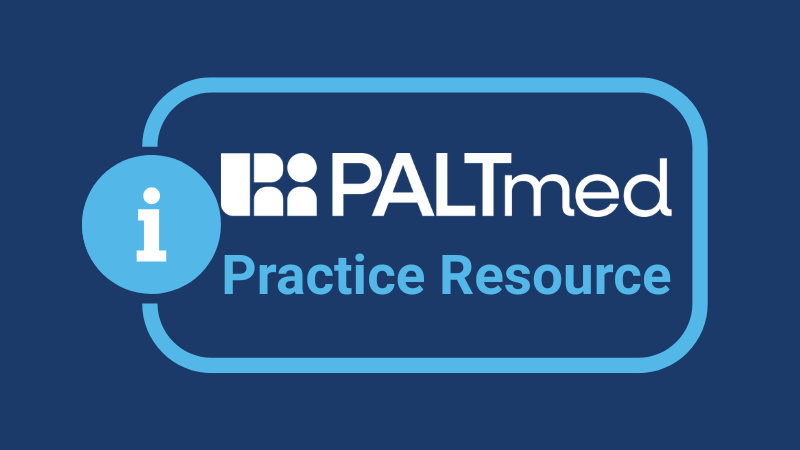December 19, 2023
The Opening Keynote Speaker at PALTC24 will kick off a three-day journey of empowerment, innovation, skill-building, and leadership for attendees. And there are few speakers better equipped to launch this journey than Teepa Snow.
A dementia care specialist, occupational therapist, and founder of Positive Approach to Care® (PAC), Ms. Snow is on a lifelong mission to shed a positive light on dementia. She has been training people in working with and caring for people with dementia since the early 1980s. She is a prolific author and speaker. Most recently, she has worked with actor Bruce Willis and his family to help support them in their dementia journey.
Maintaining a person-centered approach to working with individuals who are living with dementia is essential to everything Ms. Snow believes in. “We must stay centered on the person and ensure care is done with their permission. If we can’t get someone to collaborate, cooperate, or agree to do something, that isn’t person-centered—and it’s rarely satisfying for them. It also increases the probability of negative interactions and creates the potential for major problems.”
Ms. Snow’s approaches do much to help caregivers, practitioners, and others not only manage behavioral issues without medications, but actually prevent them in many situations. For instance, she teaches the importance of minimizing the risk of startling, surprising, or upsetting individuals living with brain change. This means, for example, asking permission before we touch or move people, or prior to entering their room. “Staff needs help learning to do this. If they have the skills, they are better able to work with more challenging situations,” said Ms. Snow. As a result, they can spend more time having positive interactions and less time de-escalating distressful situations.
For care teams to support those living with dementia, it is important to know where they are in their illness. To address this, Ms. Snow developed the GEMS® States of Brain Change, which focuses on the skills and abilities the individual still has, rather than on what they’ve lost. Using this model helps team members understand what is most likely to work with a particular individual. “It helps you see through their eyes and how they might respond to things that arise,” Ms. Snow noted.
Focusing on a positive approach to care can help staff meet individuals where they are and prevent agitation, confusion, or anger from escalating. “We need to validate the person when they are distressed, not argue with them,” said Ms. Snow. “We have to get smarter about finding out why someone is distressed. It’s easy to blame dementia, but there may be something else involved.” For example, they might be in pain or triggered by something someone unintentionally did or said.
It can be helpful to engage in the “art of reflection,” Ms. Snow suggested. It is important to reflect the person’s emotions. For example, if they are upset, let your face show that emotion as well, so they know you understand. “As staff get more skilled, they don’t see as many incidents, and we don’t use as many medications,” Ms. Snow observed.
Of course, not every approach or intervention will work every time. Ms. Snow noted, “When you try something that doesn’t work, hit ‘pause’ and take a deep breath. It’s okay to ask for help. For instance, switch places with someone else and see what happens.”
Ms. Snow is excited about the opportunity to present at PALTC24. “We all need to be broader in our scope as leaders. We need to be able to bring forward new awareness, knowledge, and skills to support and empower our teams,” she said. “If you’re not part of the solution, you are part of the problem when it comes to dementia. I want AMDA members and other practitioners to be part of the solution.”
Go here to register for PALTC24. There’s still time to get the special Early Bird rate; it’s good through January 4.



